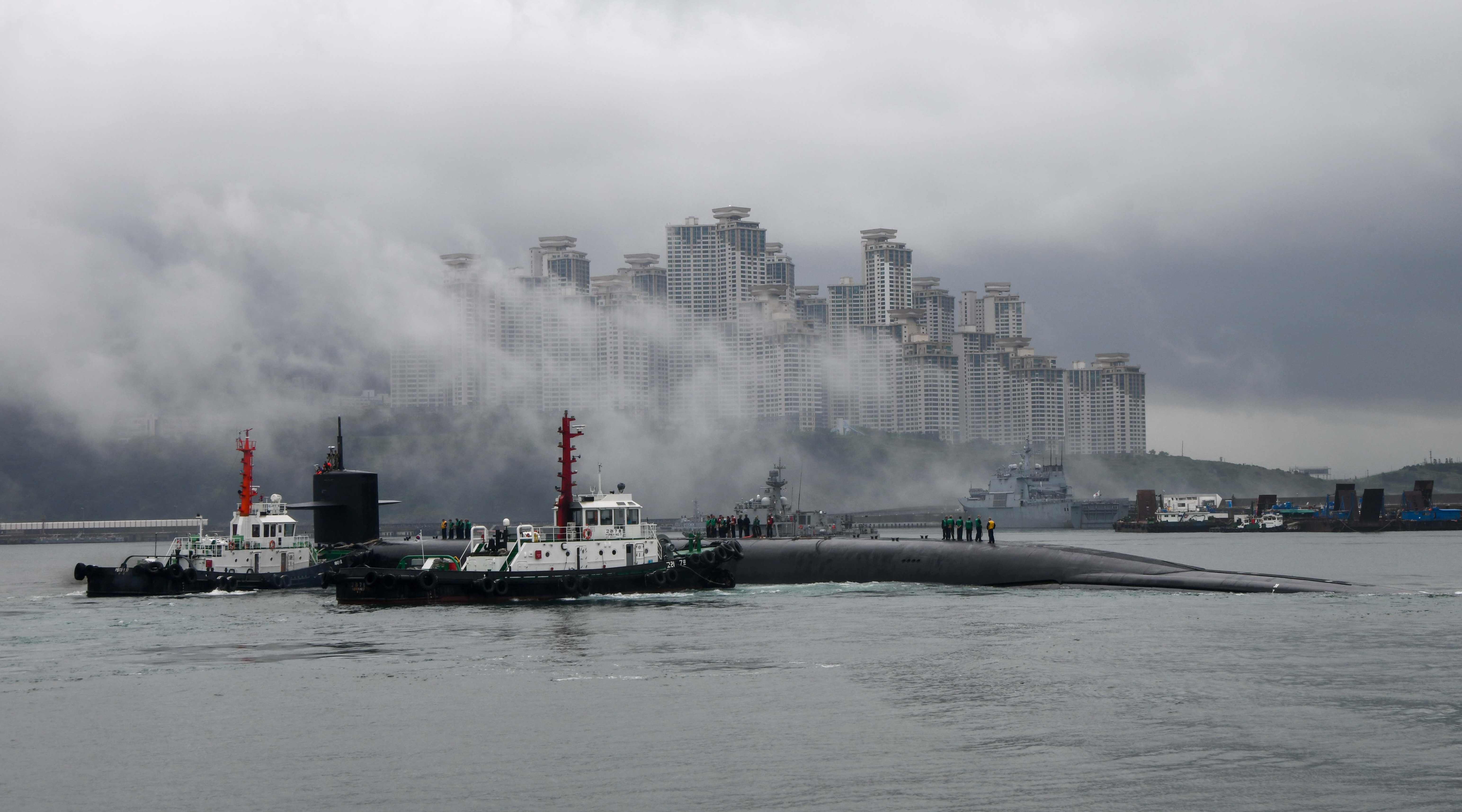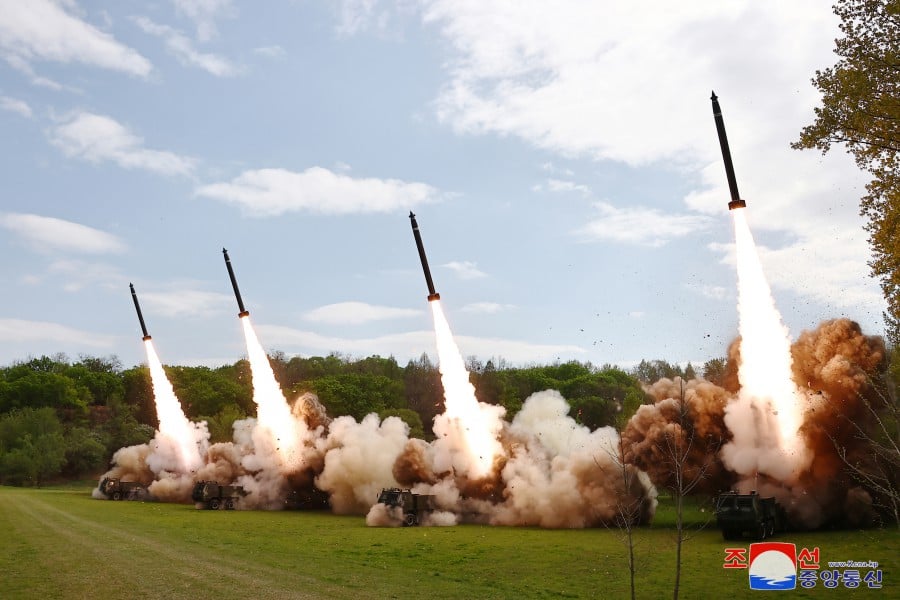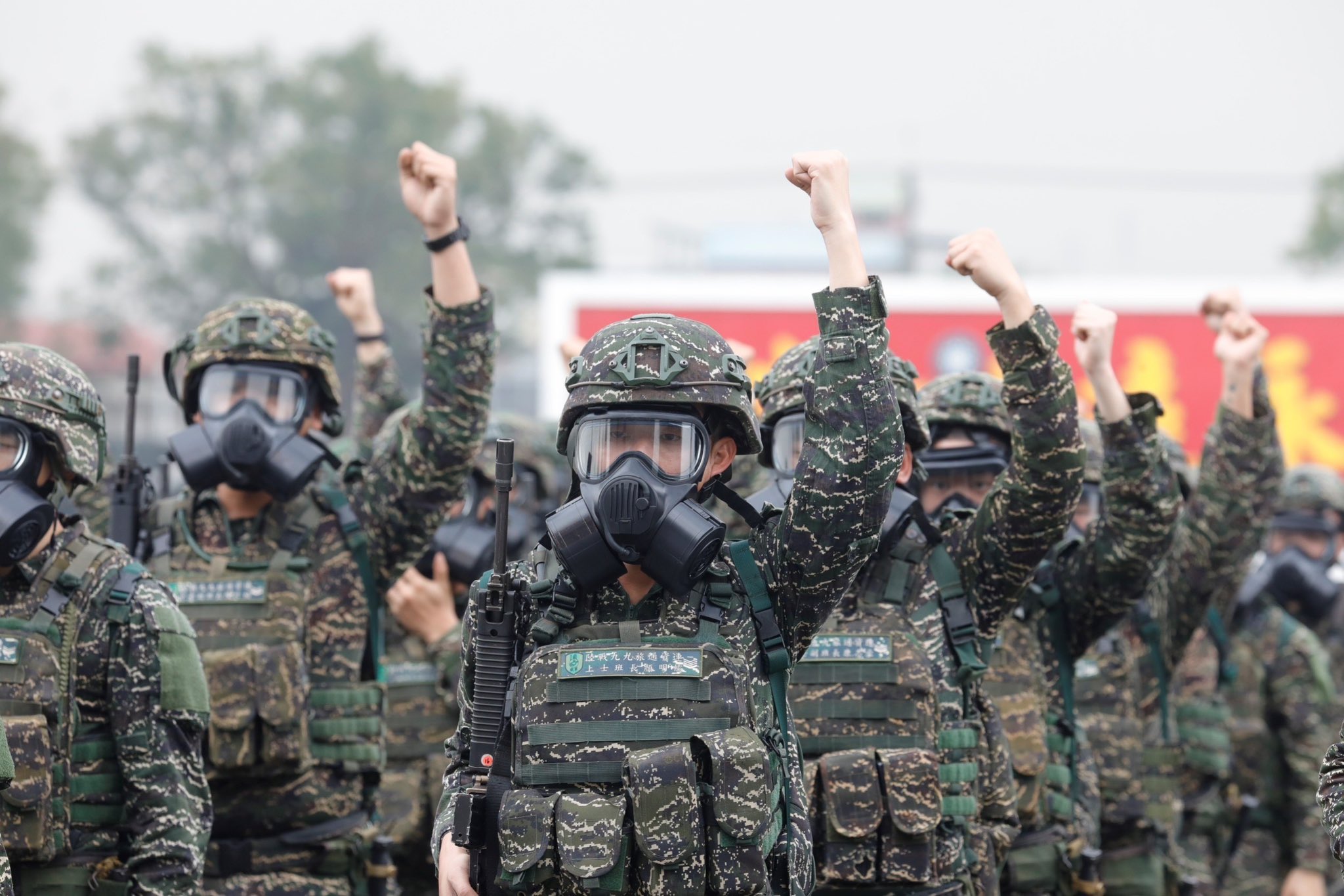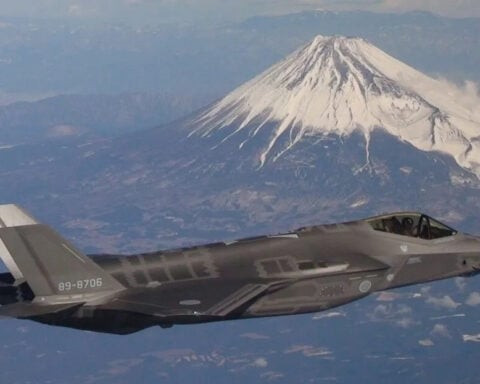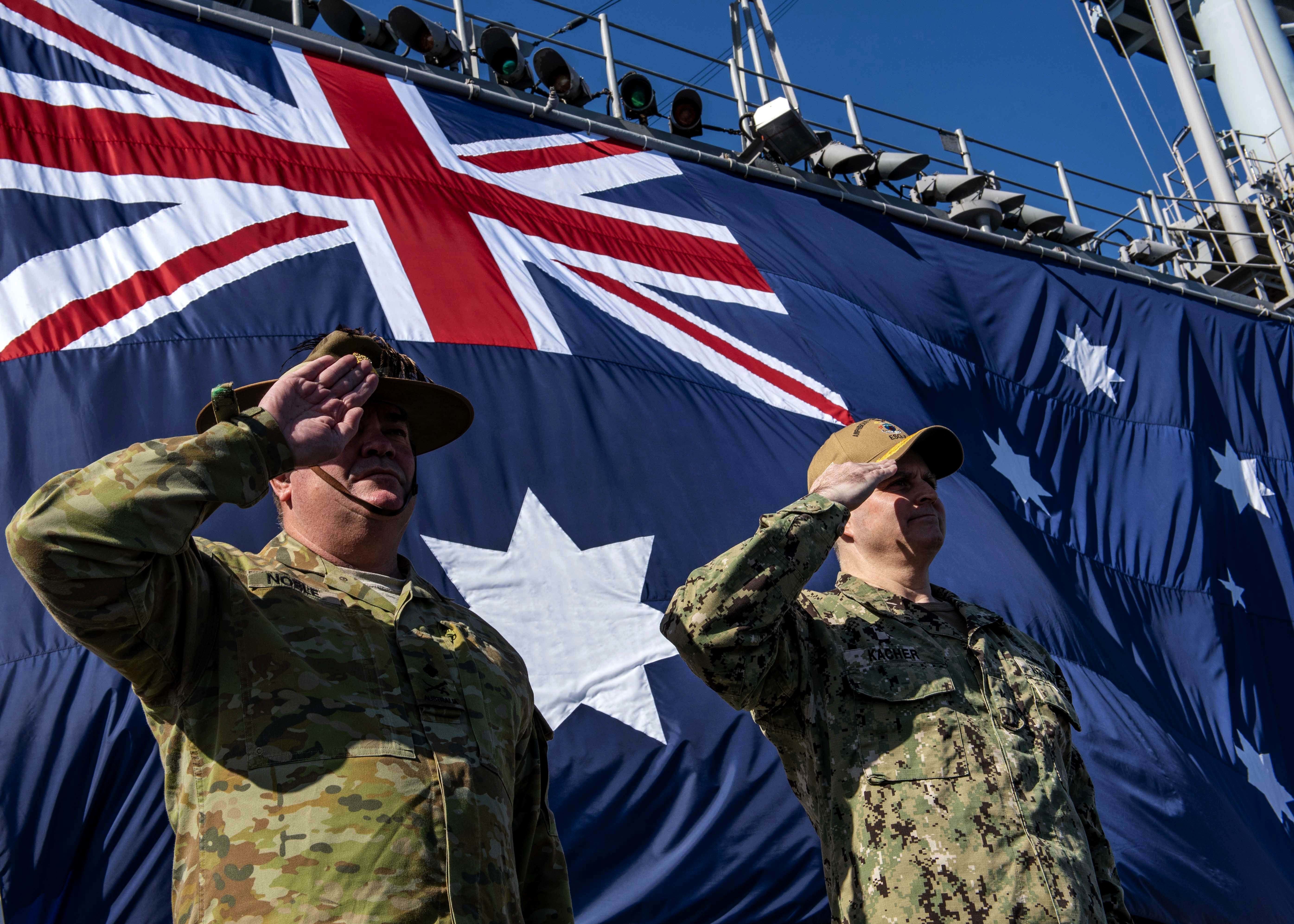
A senior State Department official stressed the strengthening economic, diplomatic and security bonds between the United States, Japan, Australia and India as an example of regional cooperation for other nations who share their values.
Speaking Thursday in a Center for Strategic and International Studies online forum, Marc Knapper, deputy assistant secretary of state for Korea and Japan, said this week’s second foreign ministers’ meeting in Tokyo was an attempt “to regularize” the arrangement that grew out of their response to the 2004 tsunami that devastated the Indo-Pacific.
Secretary of State Mike Pompeo and the three foreign ministers were “looking for other areas where we can cooperate” regionally. The Association of Southeast Asian Nations (ASEAN) is a regional group that the four nations are especially interested in working with on a range of infrastructure projects.
The goal is to “make it tighter, make it clearer” what the nations are trying to do together, Knapper said.
Victor Cha, the CSIS’ Korea chair, said, the Quad (United States, Japan, Australia and India) “is walking a good line right now, particularly toward ASEAN. He said those nations want something “functional more than institutional,” like an alliance.
For more than a decade, China has been enticing ASEAN nations to join its Belt and Road initiative to build highways, airfield and ports and participate in its investment bank. But its “balloon payment” lending practices for infrastructure and its bullying behavior on territorial claims during the pandemic has caused these nations to reevaluate their economic relations with Beijing.
China is also the largest trading partner with India, Australia, Japan and South Korea. Cha noted that Seoul also is exploring new trading opportunities with ASEAN.
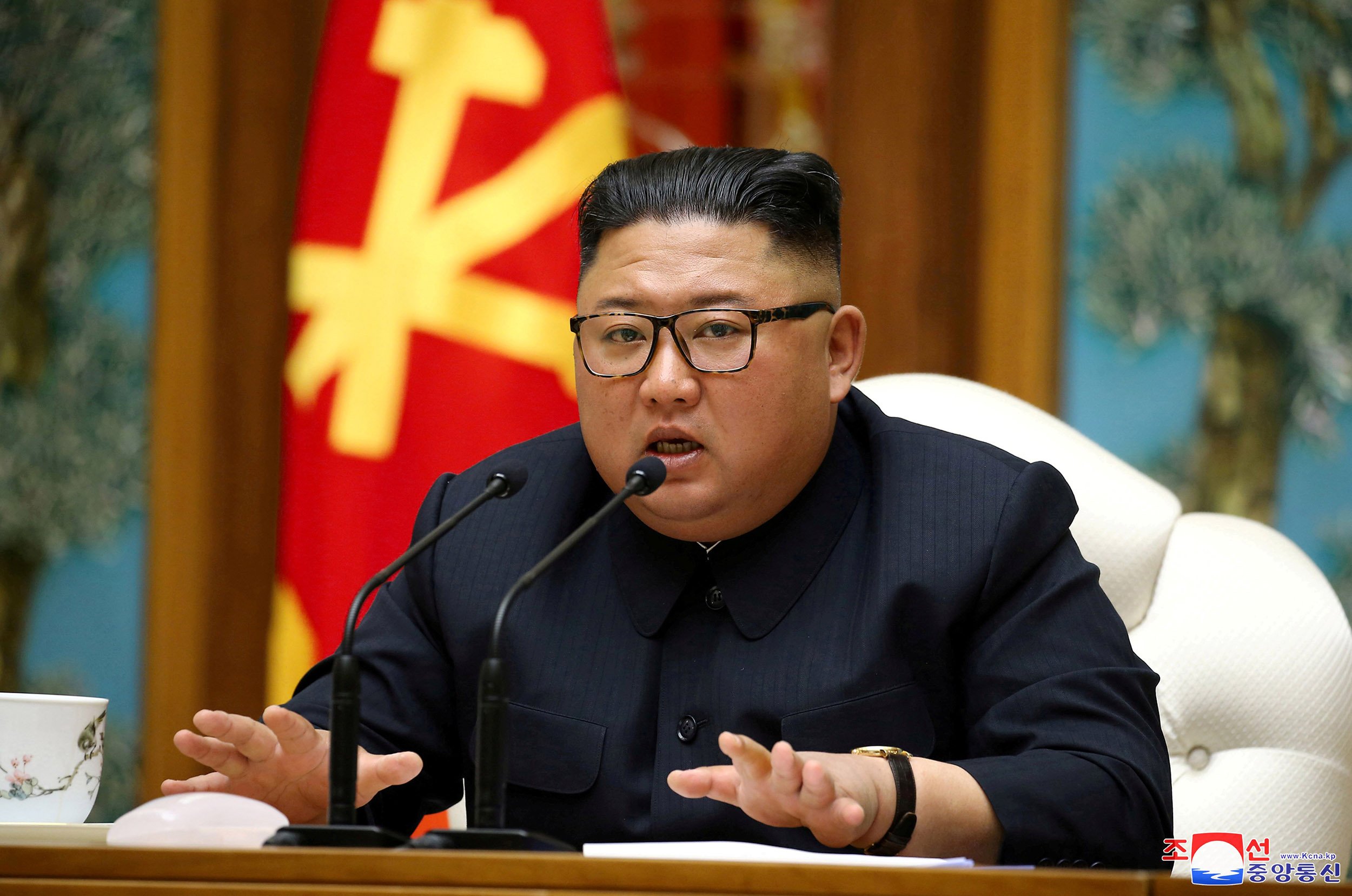
As the American presidential campaign rolls on, North Korea is signaling “time is not on Washington’s side” no matter who wins the election, said Mi Sue Terry, a CSIS Korea expert.
She said although North Korean leader Kim Jong-un “would like to deal with President Trump” rather than his challenger, Joe Biden, “this is not a normal election year” for Pyongyang or Washington.
“If a provocation comes, it will be after the election,” particularly if Joe Biden wins, Mi Sue Terry said during the event. She added that Trump has said he wants another summit with Kim, another reason for the North Koreans to remain quiet until after the results of the election.
“Trump went all-in on North Korea,” Cha said.
Knapper said, “we remain open to dialogue” with North Korea on denuclearizing the peninsula. The United States “hopes to actualize the Singapore statement,” but no new negotiations are evident, he said.
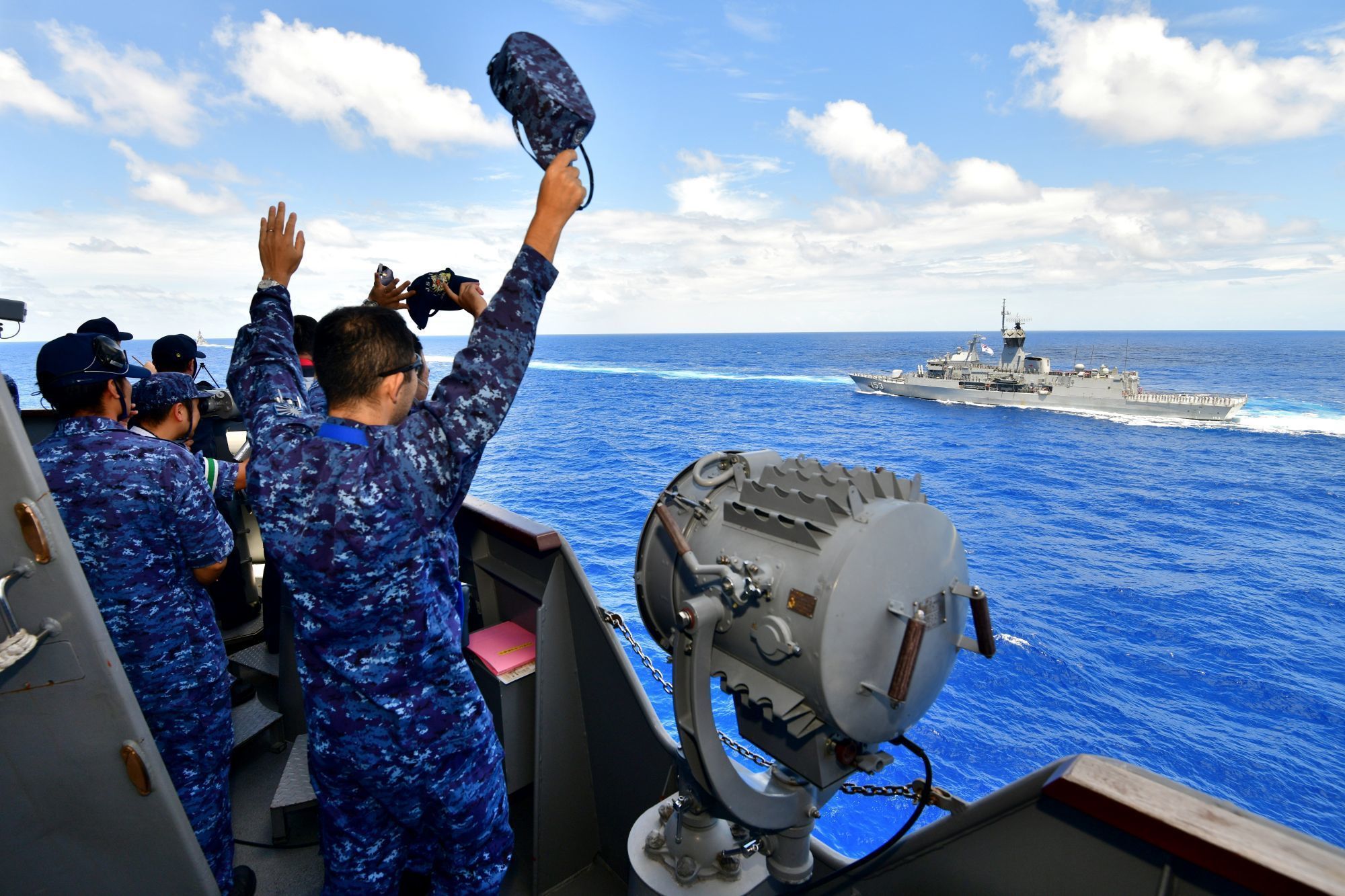
Knapper was referring to the 2018 post-summit statement between the two leaders on what lies ahead in relations. Knapper went on to say that U.N. Security Council sanctions remained in place against Pyongyang since it has shown no evidence of curtailing its nuclear weapons program.
“North-South relations and denuclearization are linked,” Knapper said. South Korean President Moon Jae-in has stressed improving relations with Pyongyang throughout his term in office. Knapper called the two “shared goals” that “complement each other.”
Earlier, Terry said Kim and the North Korean leadership have used “Party Day” [Oct. 10] every five years to publicly display new strategic weapons, as they did with an intercontinental ballistic missile in 2015. Possibilities for this year’s 70th anniversary are a submarine-launched ballistic missile or a multiple independently targetable re-entry vehicle [MIRV].
The North Koreans “also want to show they are mass producing this stuff” to “signal strength and defiance.”
As Moon continues to work on stabilizing relations with Kim, his administration also sent congratulations to Yoshihide Suga on becoming Japan’s new prime minister. While Cha saw this as a hopeful sign, he termed the relations between the two American allies “as about as bad as it has ever been.”
He added that the Blue House, shorthand for the South Korean administration, “see no need” for an improved trilateral relationship among Seoul, Tokyo and Washington. To Moon and his administration, “it is not as important as the inter-Korean relationship.”
Knapper, describing Pompeo’s visit with Suga, said the Japanese, Americans and South Koreans agree “the top issue we do share is meeting the North Korean challenge.” Knapper said the secretary was encouraged that the prime minster was “looking for other areas where we can cooperate.”
The talks between the two “build on a relationship that was already solid.” Before assuming the prime minister’s office, Suga was cabinet secretary.


